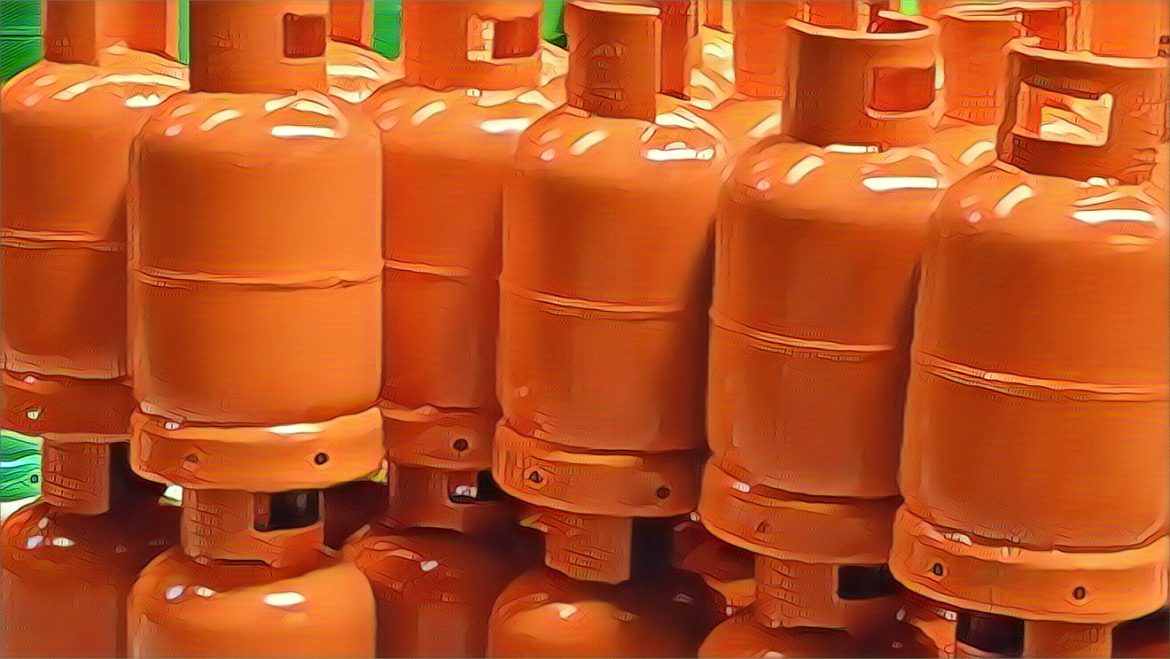KEY POINTS
- Nigeria is collaborating with Chevron and ExxonMobil to alleviate cooking gas shortages and reduce soaring prices.
- The government seeks to stabilize prices and increase local production to ease household costs.
- The initiative highlights the need for private-sector involvement in addressing energy supply issues.
The Nigerian government is now seeking the help of Chevron and ExxonMobil to solve the country’s worsening cooking gas problem that has seen households grappling with high costs and scarcity. Through partnership with these giant energy firms, Nigeria seeks to establish stable local production and supply of LPG for its citizens as a cooking gas.
Responding to a national scarcity of cooking gas
The prices of LPG in Nigeria have recently increased with the cost of cooking gas becoming unreasonably high for many people. The country remains a net importer of cement which exposes it to volatile international market and other challenges in procurement.
Besides, this has not only pushed up the prices of the products imported but also placed families in Nigeria at the mercy of successive shortages experiences. These shortages are therefore indicative of major deficiencies in the domestic production infrastructure and policy enforcement for a country that is endowed with natural gas resources.
BusinessDay said the Nigerian government’s plan to partner with Chevron and ExxonMobil is aimed at increasing local production of LPG, thereby reducing importation and its effect on the market price.
The government’s aim is to persuade these oil majors to allocate more of their indigenous gas to the domestic LPG market to provide a steady supply that can satisfy the Nigerian homes.
Government’s measures to tackle energy expenses
Therefore, the recent increase in the prices of cooking gas has affected millions of Nigerians, who have switched to using firewood or any other types of energy.
In response, the government has stepped up the process of engaging international oil companies in a bid to enhance local LPG supply. The participation of Chevron and ExxonMobil could help the market by increasing the production capacity and reducing the cost of consumers.
The government has also underlined the need to involve the private sector in the effort to stabilize energy costs. In line with its long-term plan, Nigeria is in the process of developing better policies on gas that will foster investment in domestic gas infrastructure, storage and efficient distribution networks to avoid such a situation in the future.
A road map to sustainable energy future
Relationship between Nigeria and other oil majors which include Chevron and ExxonMobil are perhaps aligned to a more general concept of achieving energy independents.
To some extent, this initiative could be the first step toward building a more sustainable energy market in Nigeria while freeing the country from complete reliance on imported cooking gas. More production of LPG locally could go a long way in fixing the prices in the long run thus reducing the financial pressure on the Nigerian families and the general economy.
However, the outcome of these partnerships has not yet been felt, but the move is a positive sign towards the improvement of energy sector in Nigeria. With the participation of large international oil companies in the local production, Nigeria may be moving towards the creation of a more effective energy security and lower energy prices for its population


